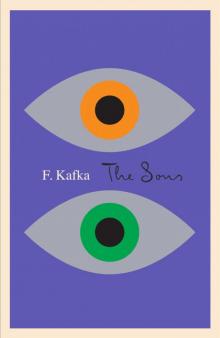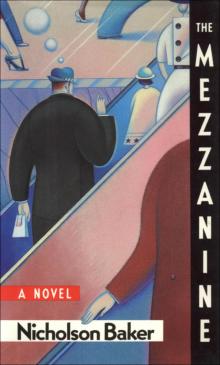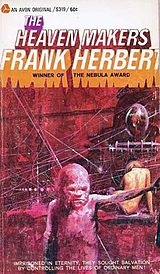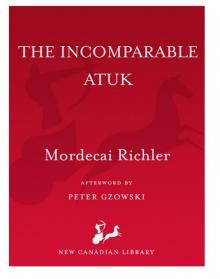I have only one request," Kafka wrote to his publisher Kurt Wolff in 1913. "'The Stoker, ' 'The Metamorphosis, ' and 'The Judgment' belong together, both inwardly and outwardly. There is an obviousconnection among the three, and, even more important, a secret one, for which reason I would be reluctant to forego the chance of having them published together in a book, which might be called TheSons."
Seventy-five years later, Kafka's request is-granted, in a volume including these three classic stories of filial revolt as well as his own poignant "Letter to HisFather," another "son story" located between fiction and autobiography. A devastating indictment of the modern family, The Sons represents Kafka's most concentrated literary achievement as wellas the story of his own domestic tragedy.
Grouped together under this new title and in newly revised translations, these texts -- the like of which Kafka had never written before and (as he claimed atthe end of his life) would never again equal -- take on fresh, compelling meaning. "From the Trade Paperback edition."
Seventy-five years later, Kafka's request is-granted, in a volume including these three classic stories of filial revolt as well as his own poignant "Letter to HisFather," another "son story" located between fiction and autobiography. A devastating indictment of the modern family, The Sons represents Kafka's most concentrated literary achievement as wellas the story of his own domestic tragedy.
Grouped together under this new title and in newly revised translations, these texts -- the like of which Kafka had never written before and (as he claimed atthe end of his life) would never again equal -- take on fresh, compelling meaning. "From the Trade Paperback edition."

 Mezzanine
Mezzanine Captain's Fury (Codex Alera 4)
Captain's Fury (Codex Alera 4) The Heaven Makers
The Heaven Makers The plot against America
The plot against America No Turning Back, A Breaking the Rules Novel
No Turning Back, A Breaking the Rules Novel The Incomparable Atuk
The Incomparable Atuk One More Time, Pet Project
One More Time, Pet Project A Girl's Guide to Moving On
A Girl's Guide to Moving On